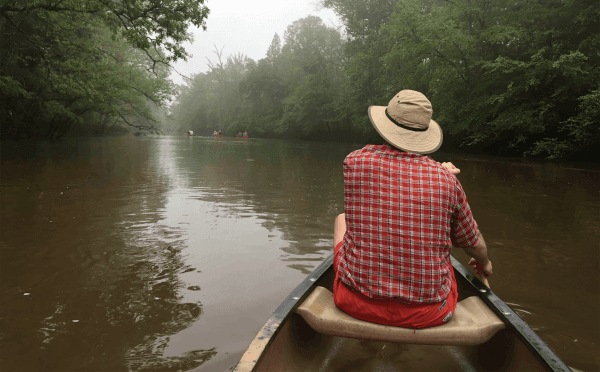To support and advance land conservation across our state, TLTC focuses on several program areas:
Education: TLTC maintains a strong focus on education and training, to ensure that Texas land trusts are keeping pace with land conservation trends nationally. The Texas Land Conservation Conference is the preeminent statewide meeting for anyone working in the field of land and water conservation, including non profit organizations , private landowners, government staff, volunteers, businesses and agency partners interested in conservation issues.
Outreach & Advocacy: TLTC advocates for land trusts in Texas, promoting the many benefits of our collective conservation work. Land trusts conserve Texas’ special lands and waters by permanently protecting them from development for the benefit of people, wildlife and our economy. TLTC works to coordinate land trust advocacy at the federal and state level , developing a robust coalition with a unified voice to build strong, sustained support for land conservation in Texas.
Technical & Financial Assistance: TLTC seeks to provide pertinent conservation related tools and information to land trusts, landowners, and the general public. These include our Conservation Lands Inventory database and maps of land trust conserved lands, our Conservation Easement Guidebook for landowners, our Land Trust Directory and our Transaction Matching Grants Program.
Conservation Provides Essential Economic and Ecological Benefits for Texas
In Texas, open lands help preserve important natural functions, like buffering our communities from flood damage and providing areas for food production. Iconic expanses of grasslands and forests, marshes and desert, farms and ranches have defined our state’s history and culture and continue to sustain our economy. Natural and open lands also help capture our drinking water by letting rain infiltrate into the ground, circulate into streams, and recharge our aquifers. In fact, open landscapes support our rapidly growing urban communities in many ways.
Natural and working agricultural lands support numerous economic benefits while protecting wildlife habitat, enhancing water resources, preserving farm, ranch and forest lands, and providing public access to outdoor recreational opportunities. But, Texas is losing our open lands at an alarming rate (www.texaslandtrends.org) and the loss of these working lands and natural areas induces stress on our natural infrastructure. In fact, studies show Texas is losing more high quality agricultural lands to development than any other state in the nation. And once lost to development, these lands will no longer produce the same level of environmental benefit as before. Read more about the wealth of benefits that these lands provide in this report by the Texas A&M Institute of Natural Resources- Texas Ecosystem Services: A Statewide Assesment.



